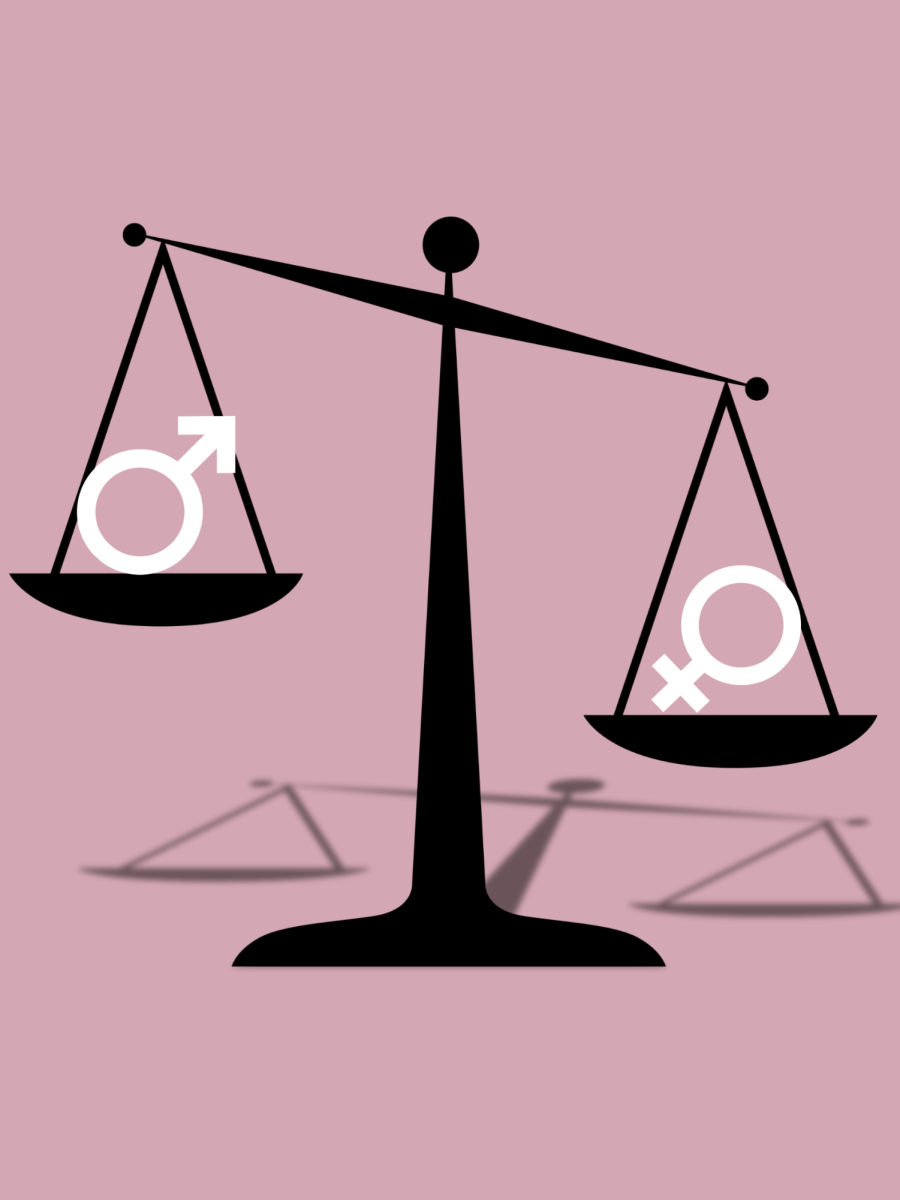From the moment I stepped into the classroom, I understood there were unspoken expectations. One of them is that girls are expected to excel. Teachers praise us for our diligence and good behavior from a young age while boys can back talk and be the “class clown”, and it is brushed off as boys will be boys. Women are not only expected to succeed but to outperform their male counterparts to prove their worth.
Unlike many forms of gender discrimination that are clear, this bias is subtle. It exists in the way teachers comment on girls being “naturally” more organized and responsible, reinforcing the belief that our success is not just encouraged but required. Meanwhile, boys are often given more leniency for not turning in assignments on time or struggling with a subject. When a male student struggles in math, it is a challenge to overcome. When a female student struggles, it is unexpected and disappointing.
This bias isn’t just created from teachers or society. Women, myself included, internalize these expectations, placing immense pressure on ourselves to prove that we are just as capable, if not more, than our male peers. Many women work tirelessly on every assignment, obsess over grades, and overextend themselves in extracurriculars. The drive to excel is not just about ambition, it’s about proving that we belong.
In STEM fields, this pressure is even more pronounced. I feel this pressure in high school as a science-heavy student. Even when my class is filled with girls, there is still an underlying belief that these are male-dominated disciplines. I have watched female classmates double-check their work excessively, hesitant to raise their hands in fear of being wrong. I have felt the weight of needing to be perfect, as if any mistake would be used as evidence that I did not belong in the class.
Even beyond STEM, the expectation for female students to be high achievers extends into other areas of education. We are expected to lead group projects, organize events and participate in every opportunity available. And if we falter? The criticism feels heavier. The moment a woman struggles, it feels as though it confirms an unspoken belief that we are not as naturally talented or intelligent.
These expectations have long-term consequences. Women are more likely to experience academic burnout and anxiety, constantly striving for an unattainable standard of perfection. The irony is that in our fight to prove our equality, we are often forced to work twice as hard just to be seen as capable.
Education should be a space of equal opportunity, not added pressure. It’s time we recognize that the burden of high expectations is its own form of gender discrimination. True equality in education means not only giving women opportunities, but also giving them the space to fail, to struggle, and to learn—just like their male peers.












































































